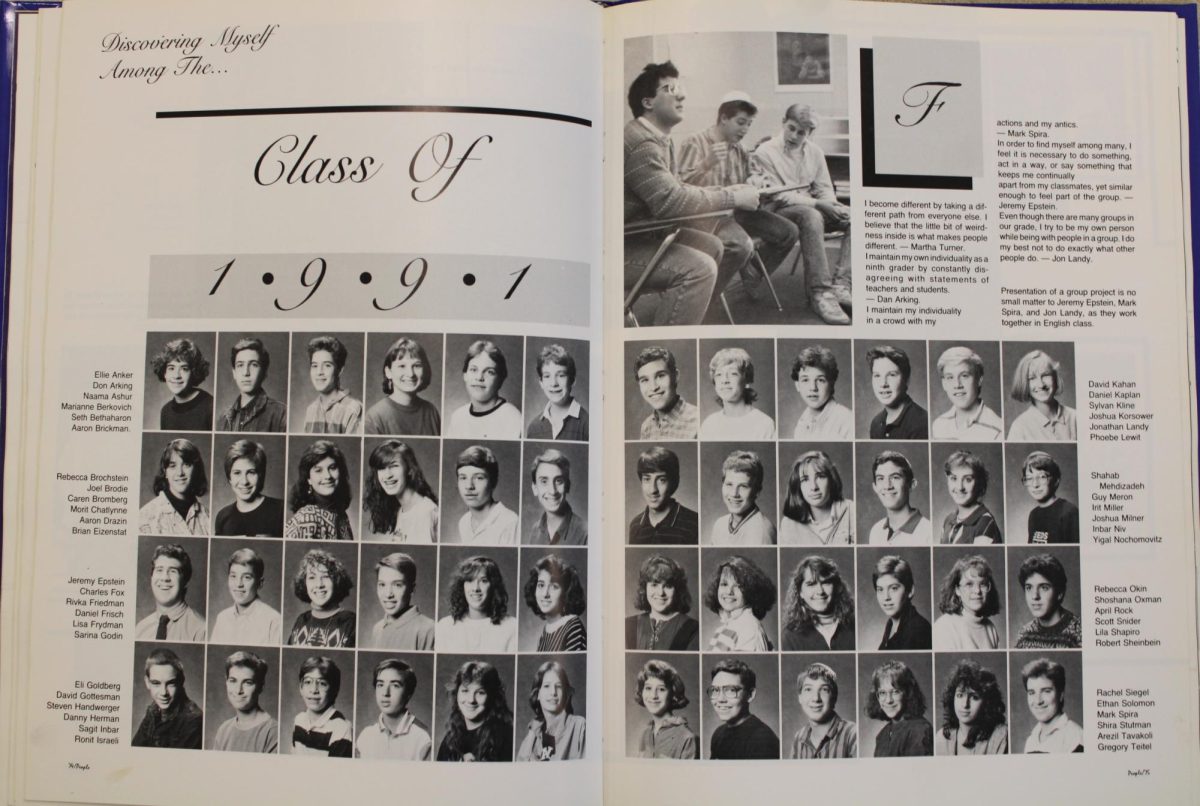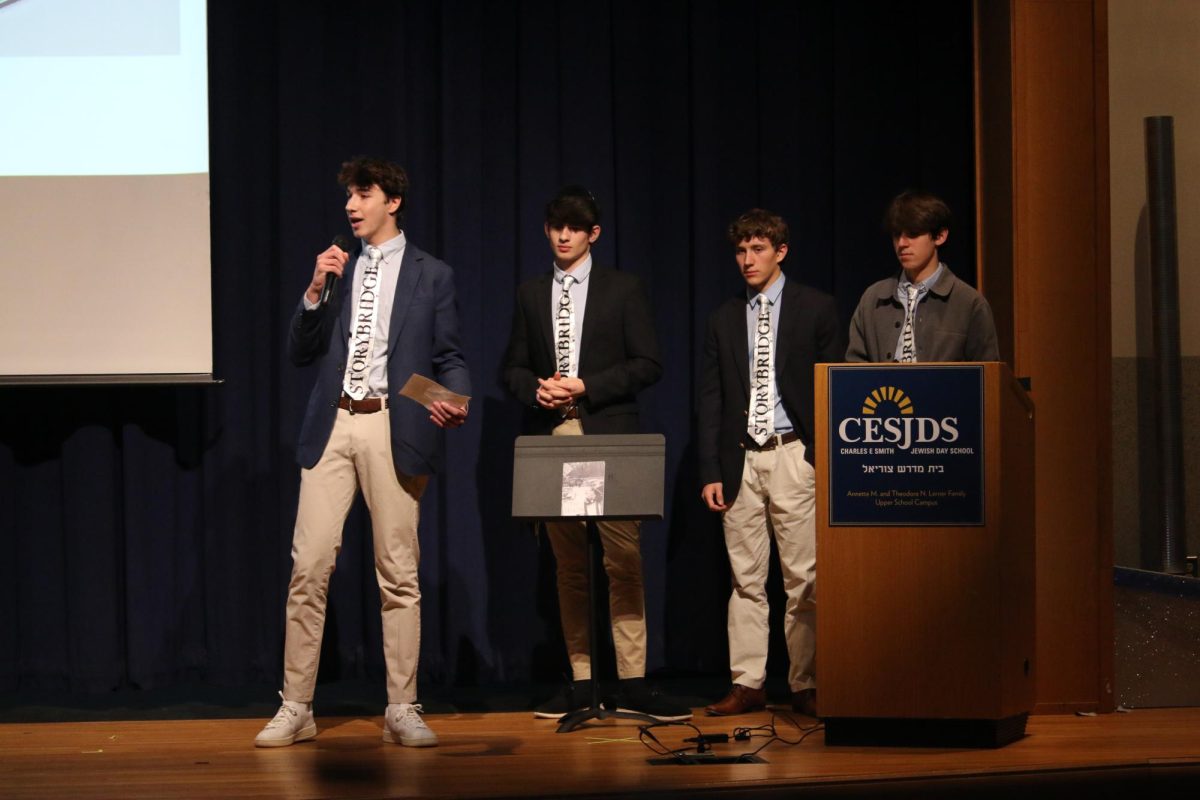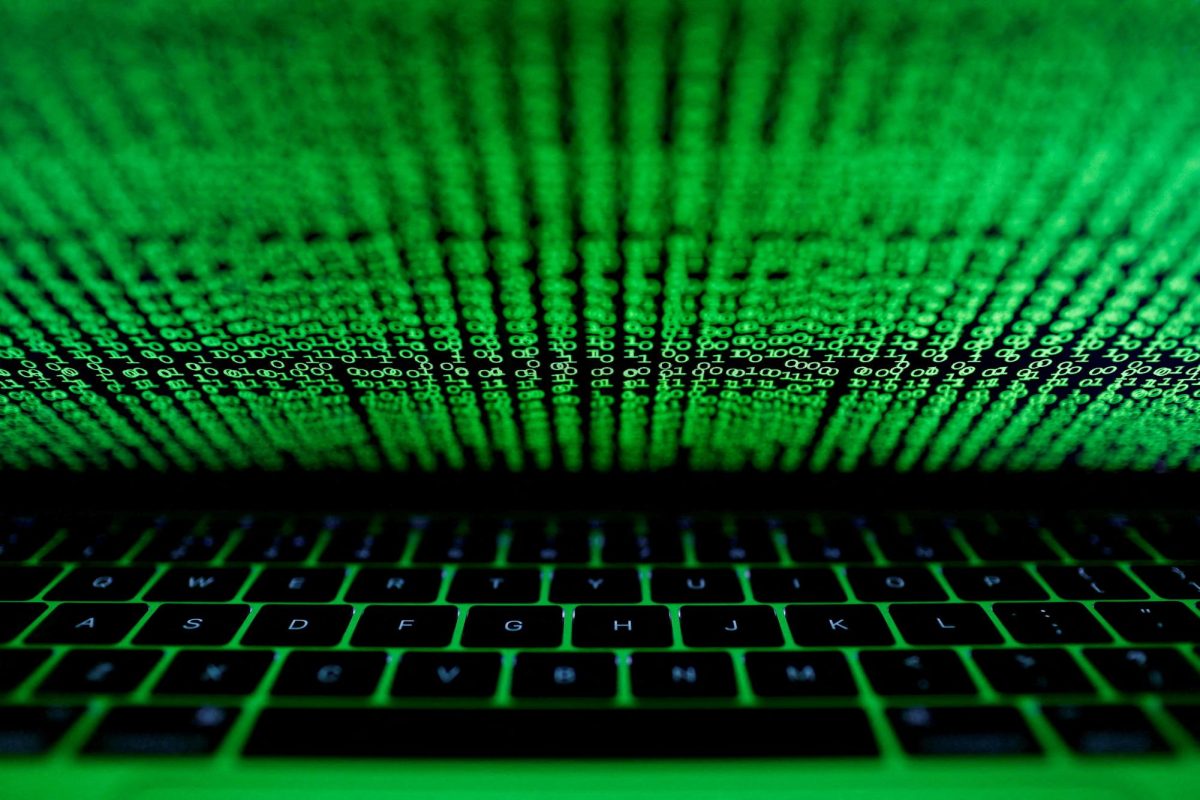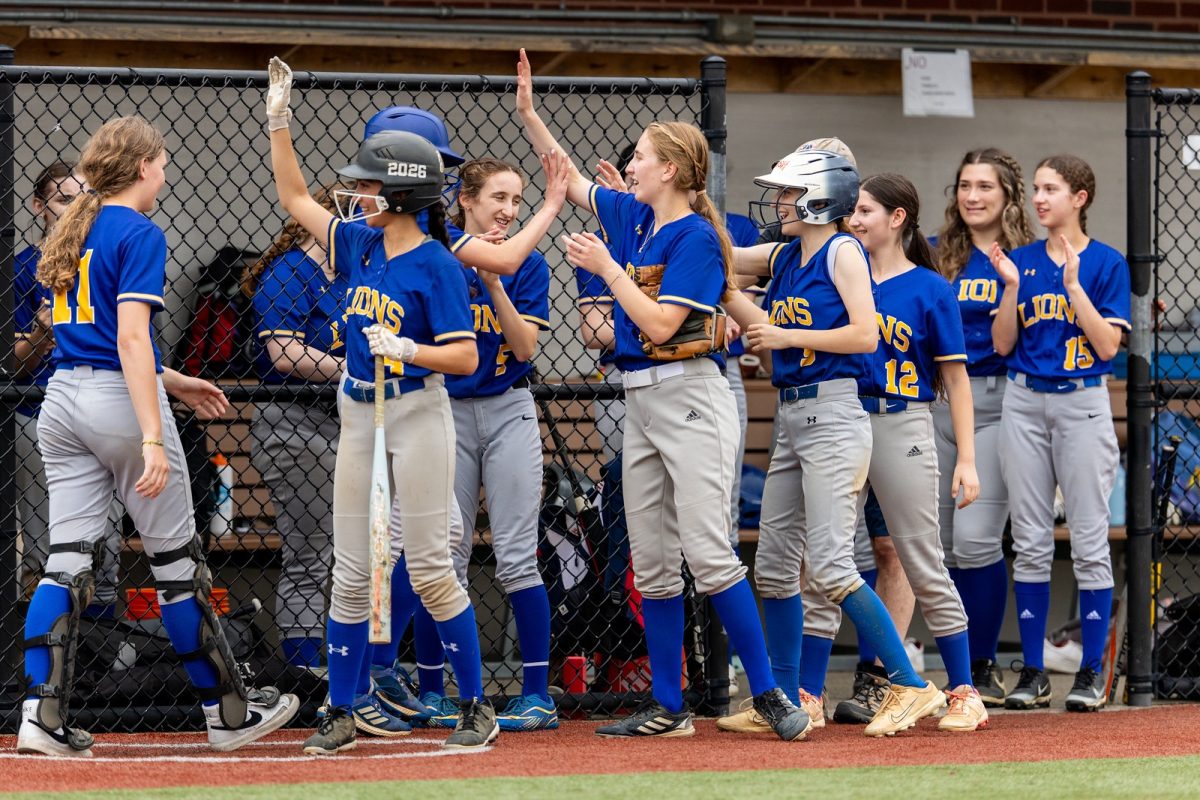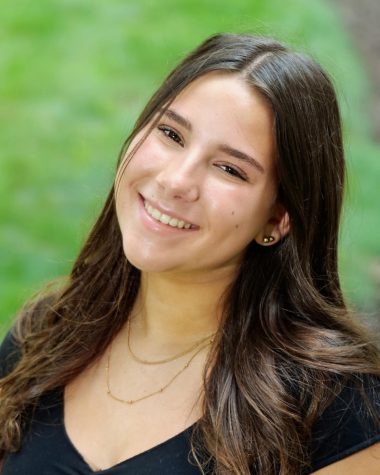As High School Principal and Head of Campus Lisa Vardi sat in a keynote seminar about Islamophobia in the United States at the National Association of Independent Schools (NAIS) “People of Color” Conference, she made a note to herself, reminding herself to write a letter to the president of the NAIS condemning the speaker’s unexpected anti-Israel tangent.
According to the NAIS website, the goal of their conference, which ran Dec. 4-7, was to “provide a safe space for leadership, professional development and networking for people of color and allies of all backgrounds in independent schools.” However, according to Vardi, the NAIS did not fulfill this goal. The Lion’s Tale reached out to the NAIS for an interview but did not receive a reply.
Several CESJDS faculty and staff, including Vardi, Middle School Principal Cassandra Batson, math teacher John Watkins-Chow, Dean of Experiential Leadership and Service Learning Tori Ball and middle school social studies teacher Deborah Feigenson received funding from Montgomery County to attend the conference as delegates. They were expected to learn about diversity, equity, inclusion and justice in ways that they could bring back to JDS and “infuse” into learning, according to Vardi.
At the last session of the second day of the conference, keynote speaker Suzanne Barakat, a professor at the University of California in San Francisco and physician who specializes in advocacy and allyship against Islamophobia, according to the conference’s brochure, began her speech by talking about her family’s experience with Islamophobia in the United States. However, after first sharing a story about several of her family members being killed because they were Muslim, Barakat used the second half of her seminar to share a presentation about Oct. 7 and the “Gaza experience.”
According to Vardi and Batson, this presentation was “one-sided” and “biased.” Barakat’s usage of words like “genocide” in terms of Israel’s treatment of Gazans was especially disheartening for both of them. According to Batson, Barakat acknowledged the lives lost in the war without regard to the loss in Israel.
During the session, both Vardi and Batson considered walking out, as they witnessed some others do, but ultimately decided against it.
“There was a point where I looked around at my colleagues and thought, ‘Do we stay? Do we walk out?’” Batson said. “I was like, ‘Okay, let’s embrace machloket matters [the value of constructive disagreements], and what we’re learning about civil discourse,’ and we decided to listen to the whole thing and see how this ended. But even by the end of it, I was like, I didn’t feel like she shared the whole story and is very biased about what’s happening in Gaza right now.”
As Barakat spoke about Gaza and the Israel-Hamas war, both Vardi and Batson noticed that the crowd around them had mixed reactions. During the seminar, Vardi saw many people cheering and applauding for Barakat and her message, but at the same time, according to Batson, it was evident in many audience members’ facial expressions that they were as shocked and confused as she was.
Immediately following the seminar, Vardi sent a private letter to the president of the NAIS, Debra Wilson, voicing her disapproval for the lack of vetting by the association of their speakers and the disappointment that she felt for the turn that Barakat’s session took.
“I came to the conference with the hope of learning how best to continue to support the important work at my school so that all members of my school community feel valued,” Vardi said in her letter to the president of the NAIS. “We all want everybody to feel like they belong. Therefore, when Thursday’s general session conference speaker Suzanne Barakat deviated from the stated topic of battling Islamophobia to a one-sided, biased denunciation of Israel since the events of October 7, I was surprised and extremely disappointed that NAIS would give a forum to a speaker who had a clear political agenda and bias. What was the goal in allowing such a forum for Barakat? …This was not a dialog, but a platform of a single narrative. I expected more from NAIS.”
Wilson responded very quickly, “apologizing profusely,” according to Vardi, and the NAIS organizers of the conference issued a verbal apology to the conference attendees the next morning as well as a formal written apology that can be found on their website.
Vardi was not the only person to call out the NAIS on this. The Anti-Defamation League, American Jewish Council, The Jewish Federations of North America and Prizmah: Center for Jewish Day Schools also wrote a joint letter condemning the NAIS and Baraket. In response, Wilson wrote another letter, addressing each organization’s “remorse over the divisive and hurtful rhetoric expressed on stage” at the conference.
“I was very heartened to see that letter from the four organizations and to see that, clearly, others were writing in too,” Vardi said.
According to CNN, in the NAIS’s official apology, they referenced another speaker who also made remarks about the Israel-Hamas war that was more directly antisemitic as well as anti-Israel. CNN reported that other attendees felt discomfort and fear from the conference’s antisemitic rhetoric.
Vardi was at the other speaker’s seminar that the article referred to, where Princeton professor Ruha Benjamin spoke, and while she missed the final few minutes, she does not recall any mention of the war that was offensive or insensitive. According to Vardi, the antisemitic remarks she made were at the NAIS’s Student Diversity Leadership Conference which was running at the same time and had many of the same speakers.
According to the New York Post, Benjamin showed up to her seminar for students and educators in Palestinian colors, voiced her solidarity for Palestine and Gaza and her hatred for Israel. She also shared her experience leading a protest that led to several student-protesters’ arrests.
After her session, Jewish students at that conference felt targeted after Benjamin’s session and the audience’s positive reaction to her to the point, so they hid their Jewish star necklaces and kept to themselves the rest of the conference, according to CNN,
Following Barakat’s seminar, the JDS staff at the conference served as a support system for one another to process the events of the seminar and the conference.
“We had dinner together, we kind of talked through it, and we just had an overall, like debrief of the content,” Batson said. “Just having the space to talk about it, I think it’s really important. And I think what’s really beautiful about JDS is that we foster a culture of communication and civil discourse.”
Apart from this experience, there were aspects of the conference that were still enjoyable and educational for Vardi such as sessions she attended called “North African and Middle Eastern Jews: Why our story is important today” and “How to have conversations with people from different cultures.”
While Vardi thinks that the school will continue to attend the conference, Batson does not know how she will move forward from this mistake.
“I don’t think I will be going back,” Batson said. “But I think for me, personally, as a non-Jewish leader in this school, from this, I am just reminded how important the work of allies is right now, and why it’s so important that, as a pluralistic Jewish Day School, our faculty and even those who are not Jewish, understand how important it is that we look out for our community.”
As educational as this experience was for Batson and Vardi, the upsetting speaker tarnished the overall experience for them in many ways, according to both Vardi and Batson.
“It was a serious, serious misstep and mishap,” Vardi said. “And my hope is that they will correct it and that this won’t happen again.”





